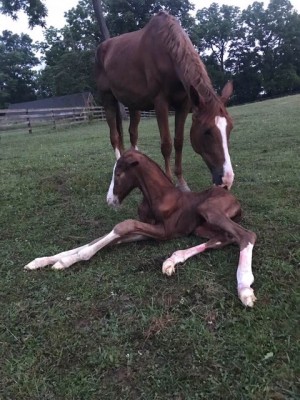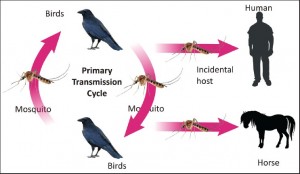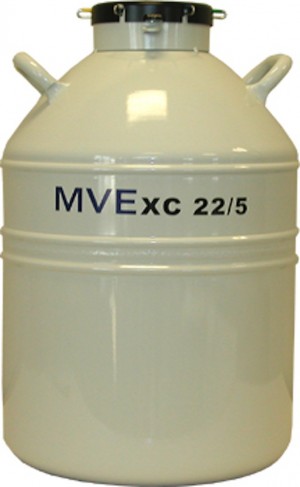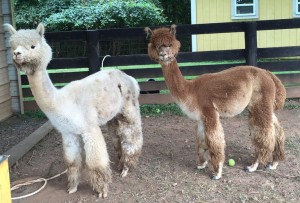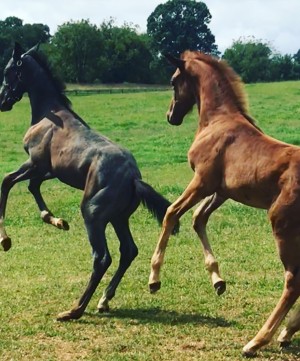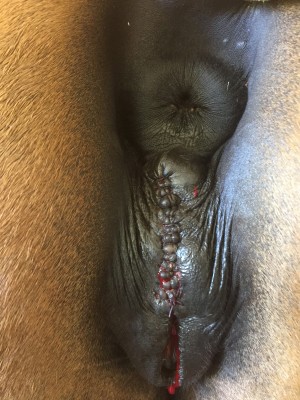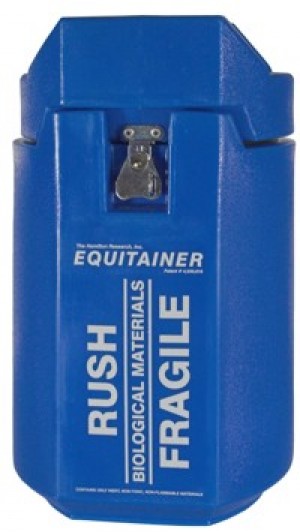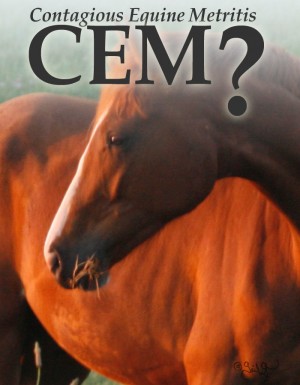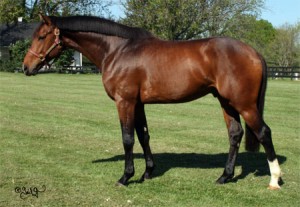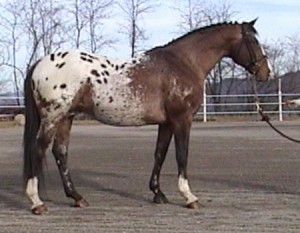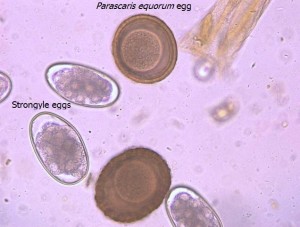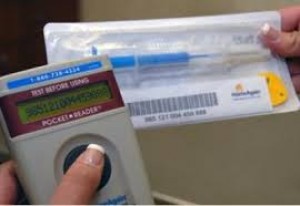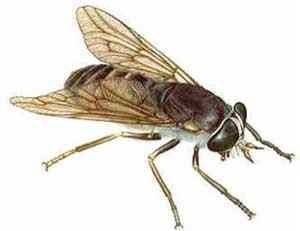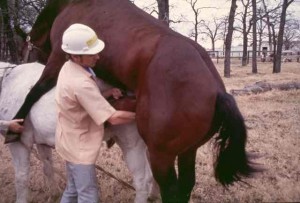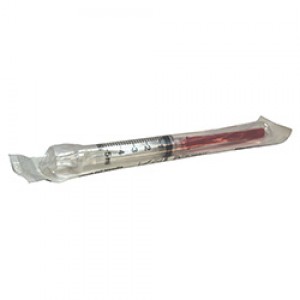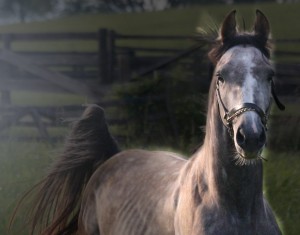Equine Dentistry
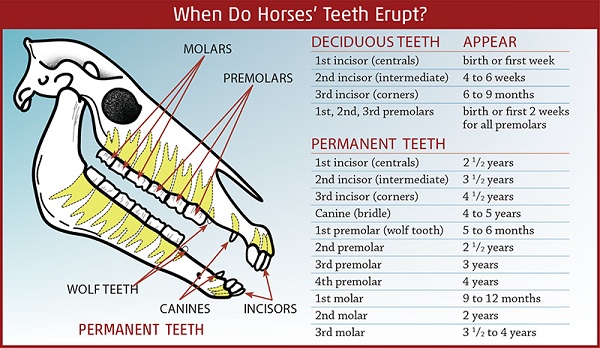
Dr. Ley has been performing equine dental diagnostic procedures and related corrective tasks since 1978. He is skilled in all aspects of equine dentistry using both nonmotorized (hand-held) and motorized (Powerfloat) tools, wolf tooth extractions with sedation and local anesthesia, retained cap removals, and deciduous incisor removals. More involved diagnostic or treatment procedures such as molar tooth problems (e.g., fracture, abscess) are typically referred to a surgical specialist as they are better equipped to provide the best care for your horse\'s health.
According to Virginia law, a licensed veterinarian may perform all equine dental procedures. The Virginia Department of Health Professions, Board of Veterinary Medicine, registers Equine Dental Technicians (EDT). Permissible duties by EDTs are the rasping, planing or leveling of equine teeth using nonmotorized (hand-held) tools, the planing or leveling of teeth using motorized tools, and the extraction of wolf teeth under the direct supervision of a veterinarian. No EDT may administer any sedative or tranquilizer, nor are they permitted to prescibe or administer any analgesic, antibiotic, or other prescription medication or drug. Direct supervision means the veterinary supervisor is on the premises, is quickly and easily available, and the animal (patient) has been examined by the veterinarian at such times as acceptable veterinary medical practice requires. This means that a veterinarian-client-patient relationship (VCPR) exists and is prerequisite to the EDT performing their duties.
- Fees: (note these are subject to change)
- Sedation : $25.00
- Routine hand float: $55.00
- Powerfloat: $75.00 (includes sedation fee)
- Wolf tooth extraction: $30.00 per tooth
Dr. William B. Ley DVM, MS, DACT Services
Related Links
Allowed: 64M/67108864KB.
Current: 5607KB. Peak: 5677KB.


